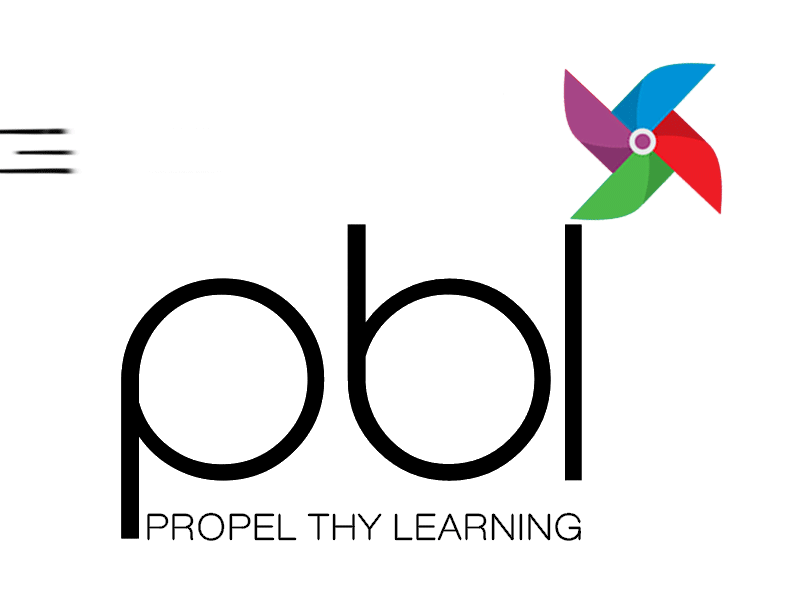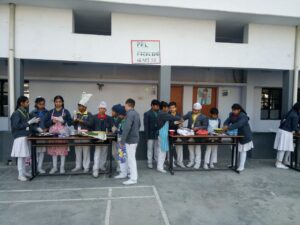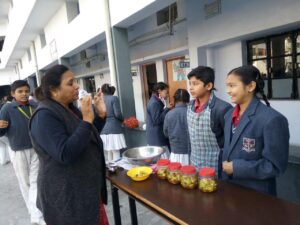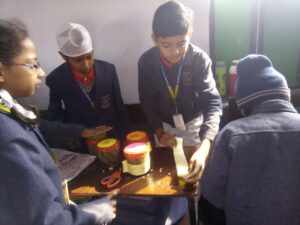Transforming teachers for progressive learning PBL equips the teachers of a school with pedagogical skills and propels them to make learning fun
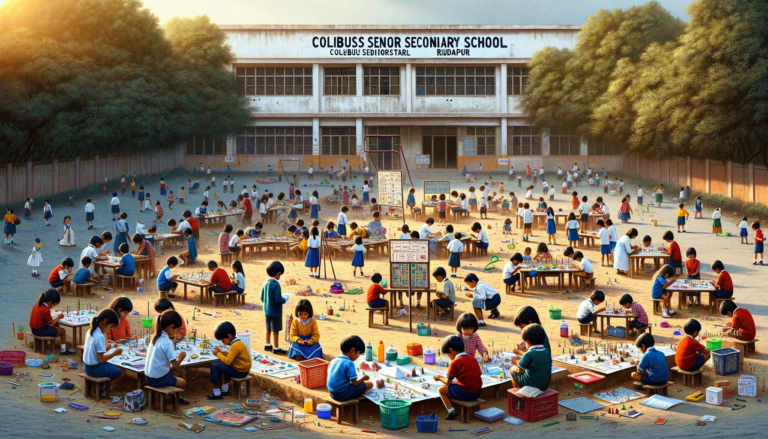
The Context
Columbus Secondary School in Rudrapur, Uttarakhand, was facing the challenges common to many schools in semi-urban India: disengaged students, traditional rote learning methods, and a lack of innovative teaching techniques. However, the arrival of a new principal, Ms. Vandana Pande, marked the beginning of a transformative journey for the school. Ms. Pande introduced Project-Based Learning (PBL) to revolutionize the teaching and learning environment, equipping teachers with new pedagogical skills and making learning more engaging and effective.
The Vision of Ms. Vandana Pande
Ms. Vandana Pande, with her extensive background in educational leadership and a passion for innovative teaching methods, recognized the need for change at Columbus Secondary School. She envisioned a learning environment where students were active participants, critical thinkers, and enthusiastic learners; essentially ‘active learners’ as she fondly puts it. To achieve this, she introduced PBL, a student-centred experience based learning approach that involves students to do multi-disciplinary projects that require inquiry, problem-solving and collaboration.
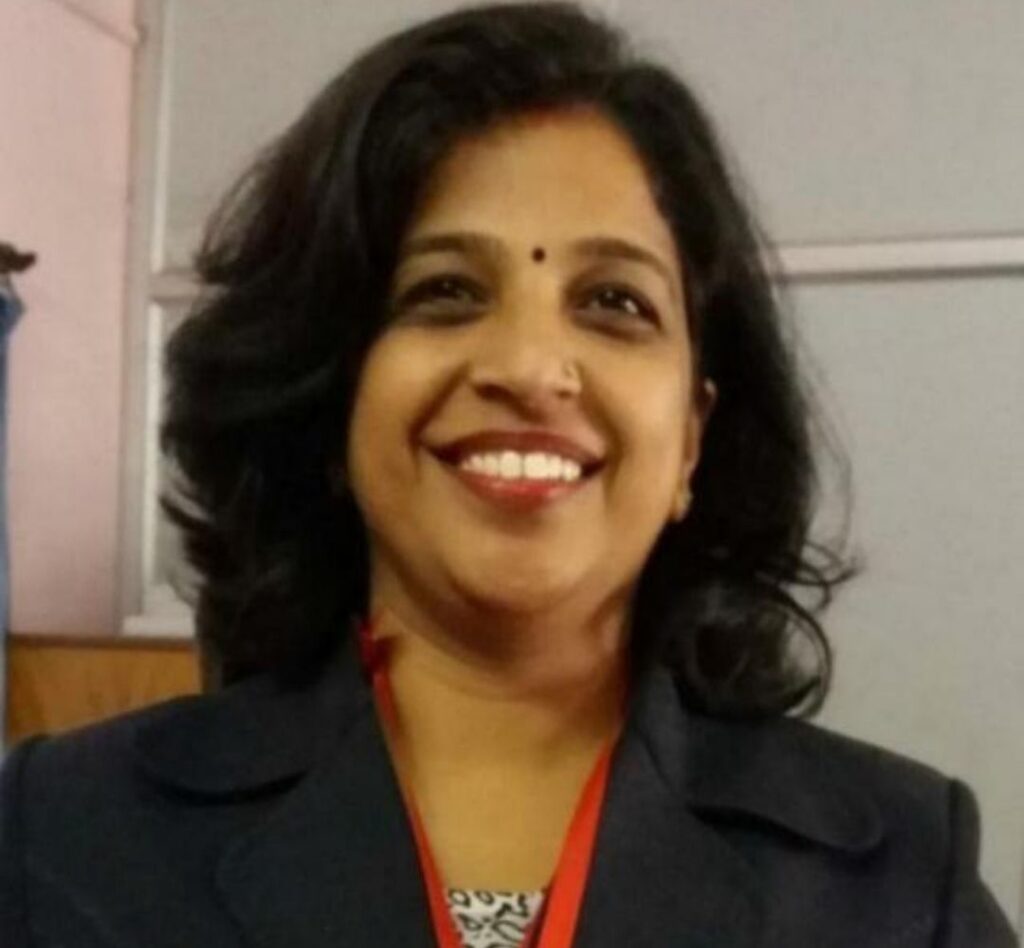
Implementing PBL
Ms. Pande invited Propel team to conduct teachers learning lab (also called tLabs or workshops) to train teachers on the principles and practices of PBL. Propel faculty focused on teaching the teachers about experiential learning, familiarising them with project designs that they offered as structured curriculum. These projects were aligned with the curriculum and yet allowed students to explore real-world problems and solutions. These training sessions emphasized the importance of making learning fun, exploratory, meaningful and relevant.
Teacher Transformation
The initial response from teachers was mixed; some were excited, while others were apprehensive about moving away from traditional methods. However, with Ms. Pande’s continuous mentoring, support and encouragement, teachers gradually embraced PBL. They learned how to facilitate learning rather than direct learning, creating an environment where students took ownership of their learning.
Each class had clearly well-defined projects and curriculum books which students used throughout their learning journey. K-3 had 2 smaller projects per term while 4-8 had one that allowed deeper exploration and investigation. Students conducted field research, collected data, and developed solutions, devised plans, which they then presented to other students and parents. This event was called Culmination of the projects.
Impact on Students
The introduction of PBL in the school had a profound impact on students, their attitude to learning and the outcome of it. They became more engaged and enthusiastic about their studies. Projects allowed them to apply their knowledge in practical ways, fostering deeper understanding and retention of information. Additionally, students developed critical life skills such as teamwork, communication, and problem-solving.
Community Involvement
Ms. Pande ensured that the community was involved in the school’s transformation. She organized events where students presented their projects to parents and local community members. These presentations showcased the students’ learning and the effectiveness of PBL, gaining support and appreciation from the community.
Sustained Success
The success of PBL at Columbus Secondary School did not stop with the initial projects. Ms. Pande established a culture of continuous improvement and innovation. Teachers regularly collaborated to develop new projects, share best practices, and reflect on their experiences. The school’s curriculum became dynamic and adaptable, with PBL integrated into various subjects and grade levels.
Conclusion
Under the leadership of Ms. Vandana Pande, Columbus Secondary School in Rudrapur, Uttarakhand, transformed into a vibrant learning community. The introduction of Project-Based Learning equipped teachers with new pedagogical skills and made learning more engaging and meaningful for students. This transformation not only improved academic outcomes but also fostered a love for
learning, preparing students to excel in the 21st century. The case of Columbus Secondary School serves as an inspiring example of how PBL can be a powerful tool in the hands of an innovative educational leader who wants to bring about substantial and lasting change.
